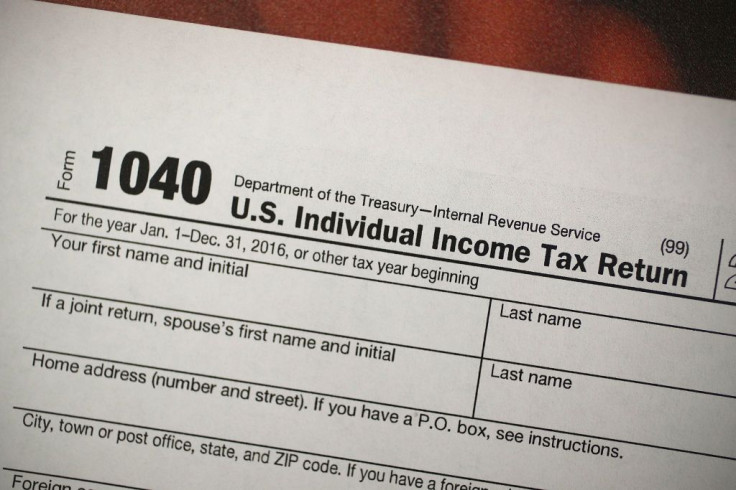What Do Trump's Taxes Reveal? Supreme Court To Decide If President Immune From Criminal Investigation

The U.S. Supreme Court on Friday agreed to hear arguments over whether the state of New York and two congressional committees can investigate President Trump’s finances in a case that tests the limits of presidential power.
Trump has argued he is immune from investigation while he occupies the Oval Office. The action came the same day the House Judiciary Committee approved articles of impeachment against Trump.
Manhattan District Attorney Cyrus Vance and the House Oversight and Reform Committee have subpoenaed Trump’s tax information from his accountants, Mazar’s USA, while the House Financial Services Committee has subpoenaed information from banks that handled Trump Organization loans.
Vance is investigating whether any New York laws were broken when the Trump Organization paid hush money in the runup to the 2016 election to keep porn actress Stormy Daniels from discussing her alleged affair with Trump, an affair Trump has denied. The lawmakers want the information in their review of ethics laws to determine whether any conflicts of interest exist.
Unlike most modern presidents, Trump has refused to release his tax returns, claiming they’re under audit even though an audit doesn’t preclude disclosure.
The high court is expected to rule before the end of its term in June.
Lower courts have ruled against Trump.
“We note that the past six presidents, dating back to President Carter, all voluntarily released their tax returns to the public,” Chief Judge Robert A. Katzmann wrote in a footnote to the majority opinion for the 2nd U.S. Circuit Court of Appeals. “While we do not place dispositive weight on this fact, it reinforces our conclusion that the disclosure of personal financial information, standing alone, is unlikely to impair the president in performing the duties of his office.”
“Contrary to the president’s arguments, the committee possesses authority under both House rules and the Constitution to issue the subpoena, and Mazars must comply,” a District of Columbia appeals court panel wrote in its 66-page opinion.
“Having considered the weighty interests at stake in this case, we conclude that the subpoena issued by the committee to Mazars is valid and enforceable.”
Trump’s lawyers have argued the president is immune from all criminal proceedings while in office.
“That the Constitution would empower thousands of state and local prosecutors to embroil the president in criminal proceedings is unimaginable,” Trump’s attorneys wrote in their Supreme Court petition. Vance responded that federal courts already have decided such investigations are lawful – whether they’re conducted by federal or state prosecutors.
© Copyright IBTimes 2025. All rights reserved.






















